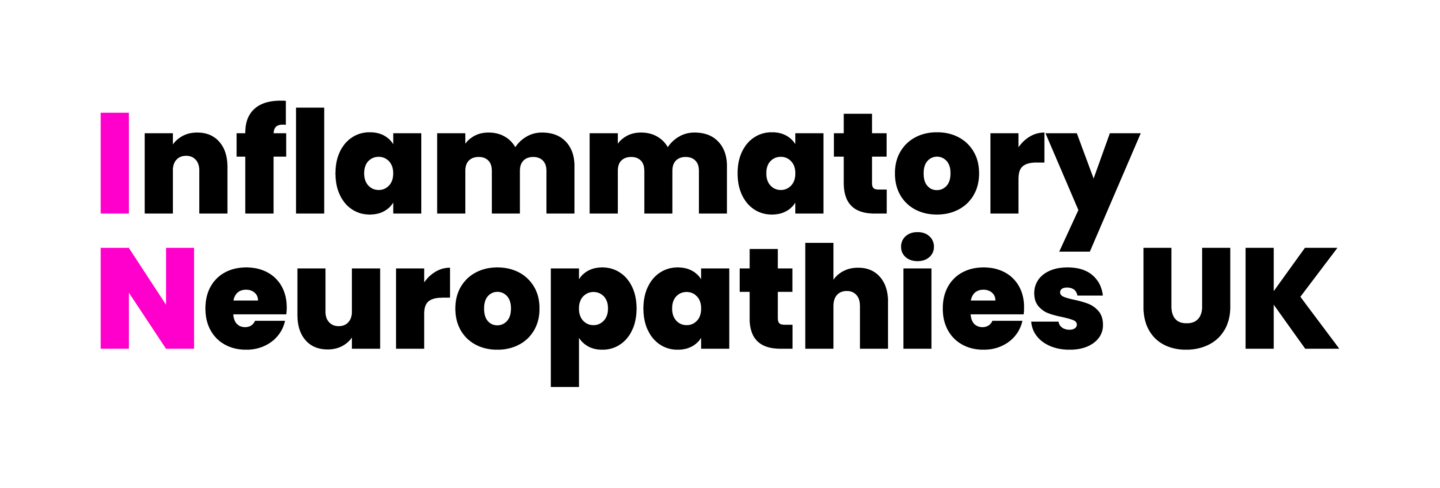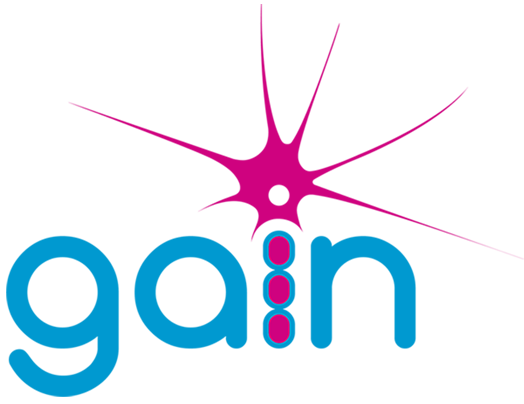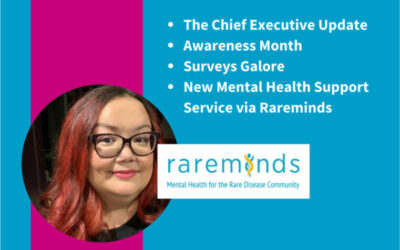How is Guillain-Barré Syndrome (GBS) Treated?
In the previous blogs in this series, we have looked at the symptoms of Guillain-Barré Syndrome (GBS), and how clinicians diagnose GBS. In this blog we are looking at the treatment you can expect if you are diagnosed with GBS.
After diagnosis
Once you have a diagnosis, it is important to get treatment as soon as possible. Once GBS is confirmed (or sometimes when it is just suspected) your clinician is likely to start a treatment programme. Not all treatments work for everyone, and sometimes GBS may be mild, and may not need significant treatment
IVIG
In the UK, you will normally be given IVIG (Intravenous Immunoglobulin). IVIG is a treatment made from donated plasma or blood. It contains healthy antibodies which can help stop the harmful antibodies damaging your nerves. IVIG is given directly into a vein, and is used (on average) over a period of five days. It is most effective if given in the first two weeks from when symptoms first started.
Plasma Exchange
Plasma exchange is sometimes used instead of IVIG. This involves being attached to a machine that removes blood from a vein and filters out the harmful antibodies that are attacking your nerves before returning the blood to your body. This is also usually delivered over a period of five days, and is most effective during the first four weeks from when symptoms first started.
Other treatments
At present, there are no other treatments that are effective for GBS. There are new treatments being tested, but these aren’t approved or available yet.
Other conditions
Alongside your treatment for GBS, you may also need treatments for symptoms and other issues. This may include painkillers, and treatment and support around movement. Some people may need to use a ventilator to help them breath.
What happens next
Hopefully, treatment works and you can move onto a rehabilitation and recovery stage. Sometimes, treatment may need to be repeated to maximise its impact.
Ongoing GBS Support
GAIN is here to support people and families impacted by GBS, offering information, advice, and guidance; providing practical support where it is needed; funding and undertaking research; and raising awareness. If you’re looking for support, to have a chat or ask questions, why not join our monthly Get Togethers or sign up for our GBS Newsletter.
If you want to know more then you can read our blog series on GBS, or reach out to us, we are more than happy to support.




